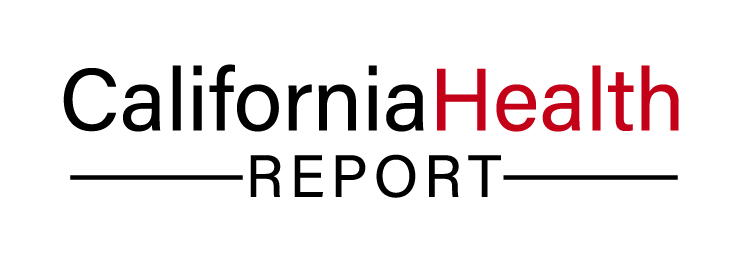
Adrian Avila was a 17-year-old street graffiti artist who had a job at a local hot dog stand when he wandered into the offices of Silicon Valley De-Bug eight years ago. He wasn’t sure what he was looking for. But he found it.
Today Avila is 25, the organization’s art director and the owner of a T-shirt design and production company. He met his wife at De-Bug and they live in an apartment above the group’s offices in a former bar on the edge of downtown San Jose.
“It changed my life,” Avila, a Mexican national who came to this country with his mother when he was 5 and remains an undocumented immigrant, said of the group. “It instilled this voice in me that I knew had to get out. All of a sudden I had an outlet to communicate my struggle, my experiences.”
Although Silicon Valley De-Bug is probably unknown to much of the political mainstream, the group has been part of the valley’s civic fabric for nearly a decade. It is part alternative media, part community organizer, part youth center and now is immersed in the region’s criminal justice system on behalf of the accused and their families.
Through City Hall protests, membership on a city task force and behind-the-scenes negotiations, the group has played an important role in pushing the San Jose Police Department to re-examine its policies involving arrests for public intoxication, which numbers show are skewed heavily toward minorities. Under pressure from De-Bug and others, the city also began using miniature video recorders on officers’ headgear as a way to resolve complaints of abuse.
De-Bug has also worked to free suspects later found to have been wrongly charged, and as an advocate for those with criminal records trying to secure employment.
All of that is a long way from the organization’s roots among workers on the assembly line at a Hewlett Packard printer plant in 2001. Raj Jayadev, one of those workers, penned a journal entry about what it was like as an entry-level employee in the booming valley, with workers trying to support their families on $8 an hour with no health insurance, no job security and no path for advancement.
That essay and others like it eventually became the basis for a magazine called Silicon Valley De-Bug, named after the common term for the computer industry teams that tear apart a product or program to find the cause of a malfunction.
“It became sort of a symbol for people who felt left out of the Silicon Valley image, and we built a community out of that diversity,” Jayadev said. “We held weekly editorial meetings where we would ask about the issues of the moment, and the people answering would be the people directly affected — young people, low-wage workers, undocumented immigrants, the formerly incarcerated, people of color.”
A pivotal moment came when the group broadened its focus from “What do you want to write about?” to “What do you want to do about it?” Answering that question transformed De-Bug from an observer to a player in the South Bay’s public life. And as the Silicon Valley workforce shrank and most of those low-wage jobs were sent offshore, the group turned its attention to other issues.
Sam Liccardo, a San Jose City councilman who is a former criminal prosecutor, said De-Bug “gives a voice to many members of our community that feel marginalized by the institutions in the city.” The group, he said, plays an important role in “keeping public officials and public agencies accountable.”
De-Bug has spawned two sister organizations for young people, one in Fresno — called The know — and another in Napa, which began last week and will be known as Beyond the Vineyards. The Napa group, Jayadev said, will “tell stories the tourists don’t see when they’re wine tasting,” about segregation, racial tension, teen pregnancy and other issues.
All of the groups blur the traditional distinction between journalism and politics, with a magazine and an online presence but also networks of young people organized to influence public policy.
Jayadev said none of that was planned but simply evolved to meet the desires of the people who joined the group.
“We are sort of backwards,” he said. “At most organizations, you leave your personal ambition or baggage at the door for the good of the collective. We said the opposite. We said, ‘Come in with all your stuff and all your dreams and we’ll form to be what you want to be.’ ”
Disclosure: Silicon Valley De-Bug gets financial support from New America Media, which is supported in part by the California Endowment. The Endowment also provided initial funding for www.calhealthreport.org.





